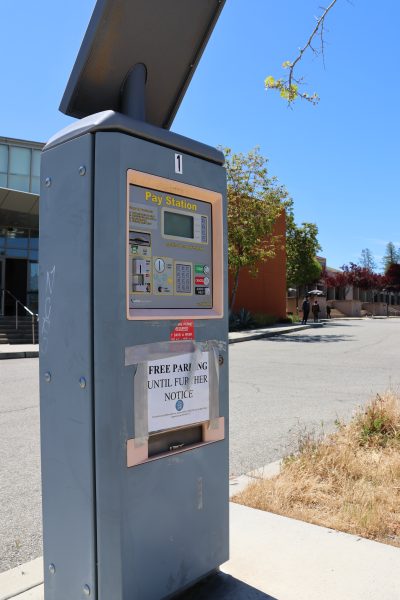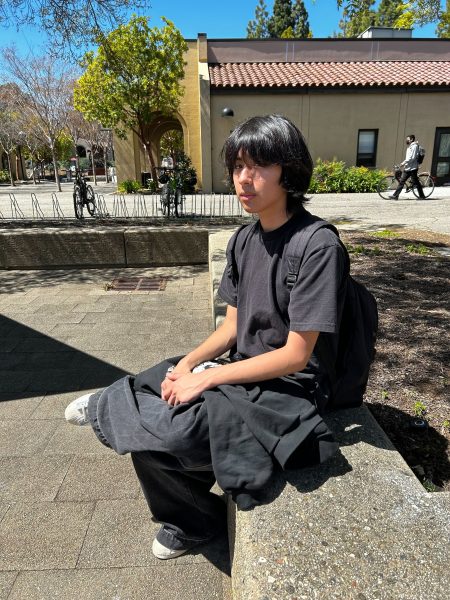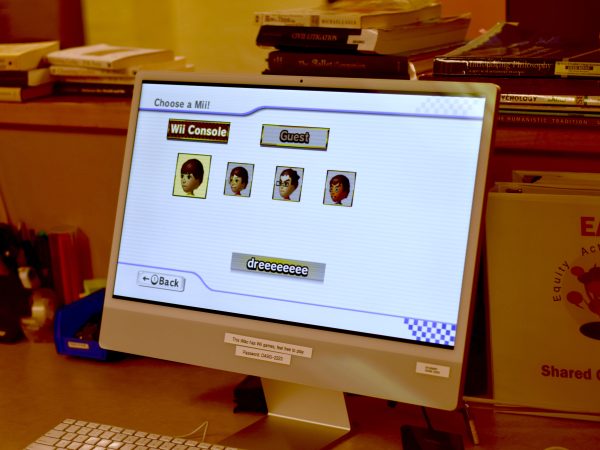New Muslim ban just as anti-American as the last
Anas Mustafa
On March 6, at the Oval Office, President Donald Trump signed a new executive order dropping Iraq from the list of countries originally a part of the Muslim travel ban because of its cooperation with the US government. The new mandate took effect on March 16 and prohibits entry from six countries, even if travelers are legal US permanent residents or have valid visas to enter. This includes those whose visas were denied during the original discriminatory measure.
This order is part of a direct means of improving vetting measures for a program that is already extremely strict.
The new mandate came six weeks after the original executive order was signed, which caused chaos at every airport in the US. Needless to say, it was a disaster.
Branding all Muslims as a threat to the US is wrong and a violation of civil rights. This new order is not fair for the people who have permanent residency or valid visas to stay in the US. Some of the people denied have lived and thrived within the the United States for years.
The sudden change of freedom these immigrants feel may cause retaliation from the people of other countries that are on the “ban list.” As a result, Americans will increasingly see the radicalization of many Muslims who are fed up with America’s now-amplified Islamophobia.
I personally haven’t been affected by original executive order or the new one because I’m from Palestine, but I am now scared to return to my home and family because I am afraid of the U.S. government, especially since I am both Muslim and an international student.
There is no easy way to undo Islamophobia nor to cure the country’s unfounded resentment toward immigrants, but a good start would be to allow devastated refugees, as well as documented immigrants admittance into a country that is supposed to be built upon freedom and opportunity. America is supposed to spearhead the global initiative for all matters, yet we have become preoccupied with denying people the right to a better life because of the color of their skin or their religion.








